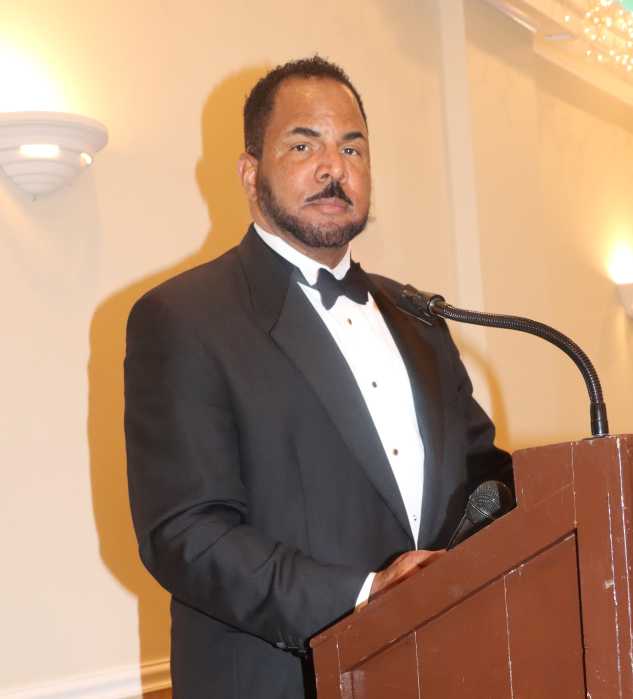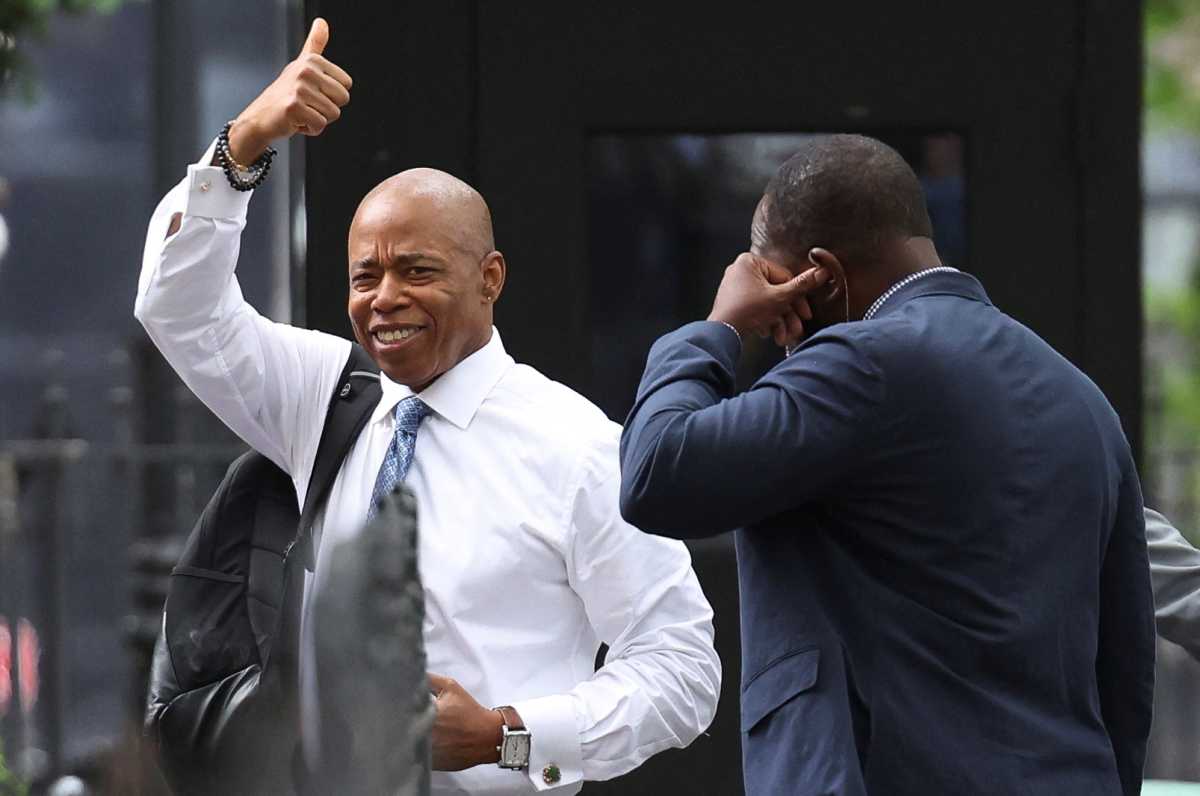Guyanese will vote for a new government on Monday, May 11, exactly six months after the administration of President Donald Ramotar suspended sittings of parliament to avoid being fired by an opposition no-confidence vote that government appeared very likely to lose.
Ramator took to the airwaves on Tuesday afternoon to tell the nation after an all-day cabinet meeting that the time had come for the country to go to the polls almost two full years before fresh elections are constitutionally due.
His announcement of a date appears to have had much to do with mounting pressure from western nations including the U.S., the European Union and the British for him to either reconvene parliament and deal with whatever fate awaited him or allow the estimated 460,000 eligible voters to cast their ballots.
In the end, he chose May 11 as the date after the elections commission had rejected May 4 which would have coincided with celebrations marking Indian Arrival Day and likely give the party and unfair advantage. The governing People’s Progressive Party (PPP) is supported mostly by Guyanese of Indian origin.
Just last week, Ramotar’s cabinet and the British had exchanged tough words in public regarding the absence of a functioning parliament.
There has not been a single session of the 65-seat house since last July, weeks before it broke for the annual two-month recess.
And when it was due to be reconvened in early October, Ramotar waited until early November to call the first sitting then called it off altogether when all 33 opposition legislators made it plain that they would vote as a bloc to kick the government out.
The result is that the country is being run virtually by decree from the presidential complex and there was no one to exercise parliamentary oversight over national spending, a development western nations said they viewed with political askance.
“I hereby announce that general and regional elections shall be held on Monday, 11th May, 2015. I am advised that the elections commission would be in a state of readiness for these polls on that date,” he said.
The release of the date has not come as any major surprise to those who follow political developments in a country that is home to the 15-nation Caribbean trade bloc as a date has much to do with the dictats of the time table of the elections commission as well as hints from the business community for a date outside the late February annual carnival season and Easter when thousands leave the European and North American spring with decent tax return checks to return home for a few weeks and spend big.
Meanwhile, both the PPP and the main opposition A Partnership For National Unity (APNU) have been secretly conducting polls to determine strength on the ground.
APNU insiders say the party’s last two such exercises had showed it to be ahead of the PPP which lost much ground at the late 2011 polls when it had failed to go beyond 50 percent of the vote as thousands of its supporters, disgruntled with runaway corruption and other issues stayed home rather than voting.
Coalition talks on some kind of umbrella political arrangement between the APNU and the Alliance For Change as well as other interested groups are scheduled to begin as early as this week even as a bruising nearly five-month campaign lies ahead.
The PPP is setting much political store on the 10 percent Amerindian vote as thousands of Indo Guyanese head to North America each year, reducing its voting ranks. The two others have similar ideas and this could make for an interesting battle ahead.
























